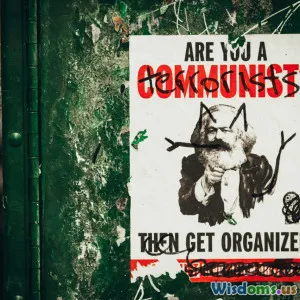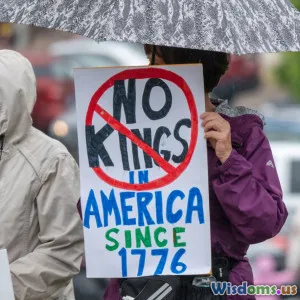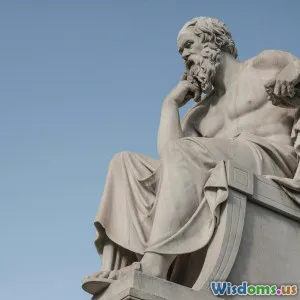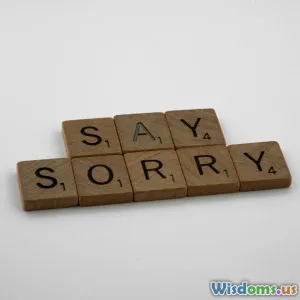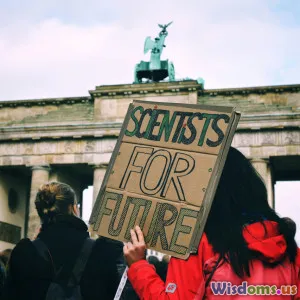
What If Society Refused Social Contract Obligations
14 min read An exploration of societal consequences if the social contract were rejected. (0 Reviews)
Living Without Limits: What If Society Refused Social Contract Obligations?
What does it mean to live in a society without the accepted, often invisible web of social obligations binding us? Imagine waking to a day where no one feels responsible for the common good, where neighborliness, civic duty, and even basic decency are choices, not expectations. Though this may sound like an unlikely dystopia, considering such a scenario reveals just how foundational the social contract is to our lives — and what its absence might unravel.
The Social Contract: Invisible Glue of Society
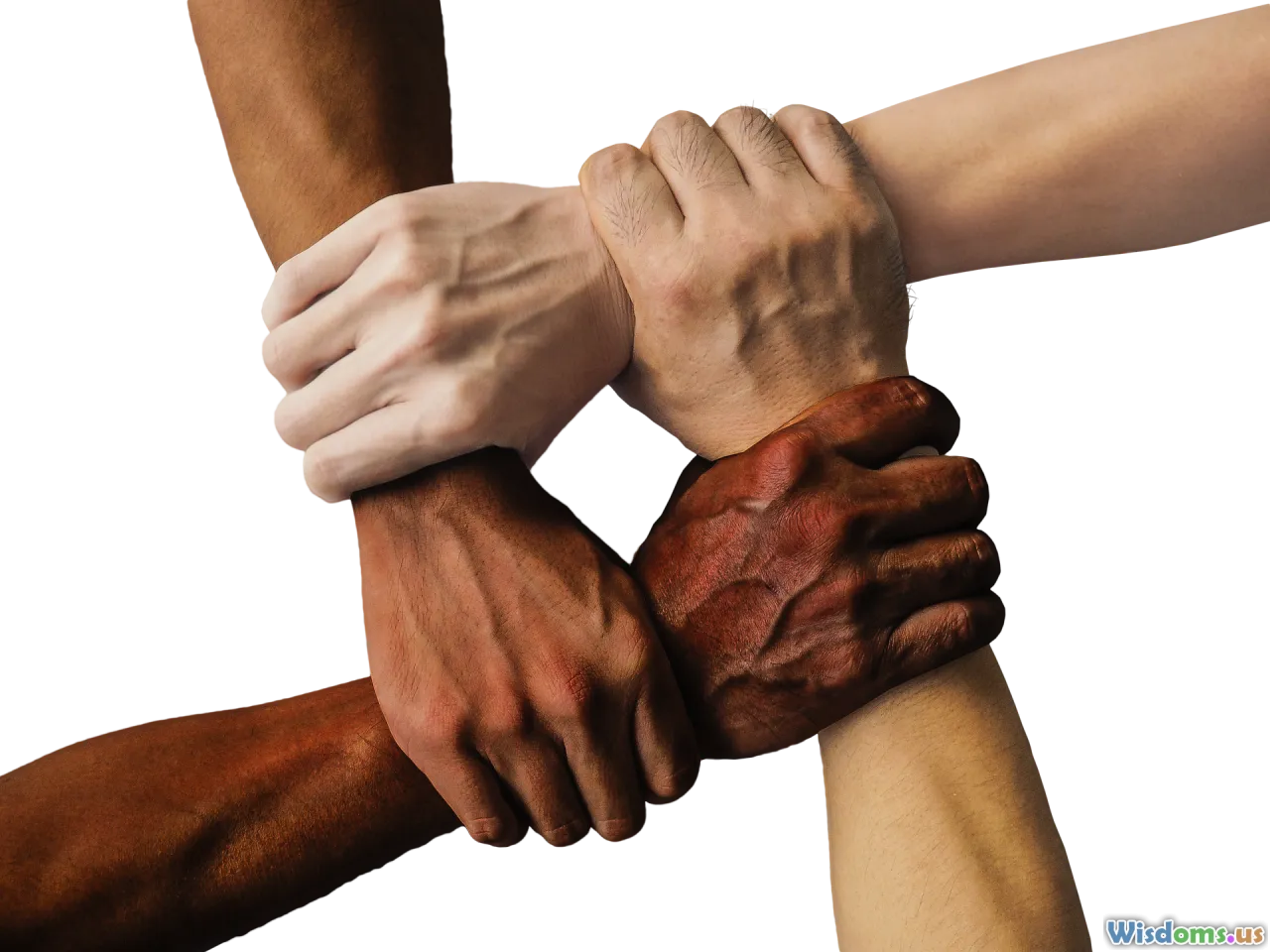
The idea of a social contract stems from the philosophies of Hobbes, Locke, and Rousseau, referring to the implicit agreement among individuals to form a society and comply with its rules for mutual benefit. It isn’t just a grand abstract — it's found in everyday acts: obeying traffic lights, standing in line, voting, or volunteering in one’s community.
Rousseau once wrote, "Man is born free, and everywhere he is in chains." The chains in question are not mere oppressive constraints; they are also the consensus-driven expectations ensuring order, cooperation, and trust.
Consider this: When drivers collectively stop at red lights, accidents plunge and cities hum along. When citizens commit to paying taxes, societies fund hospitals, roads, and schools. These behaviors emerge not from direct personal interest but from a tacit commitment to the 'greater good.'
Historically, dire times reveal the social contract’s power. During the Covid-19 pandemic, many nations relied on citizens’ good will — wearing masks, social distancing, helping vulnerable neighbors. Mass compliance stemmed from a belief in mutual obligations, not enforcement alone.
Breaking the Pact: Daily Life Without Shared Obligations
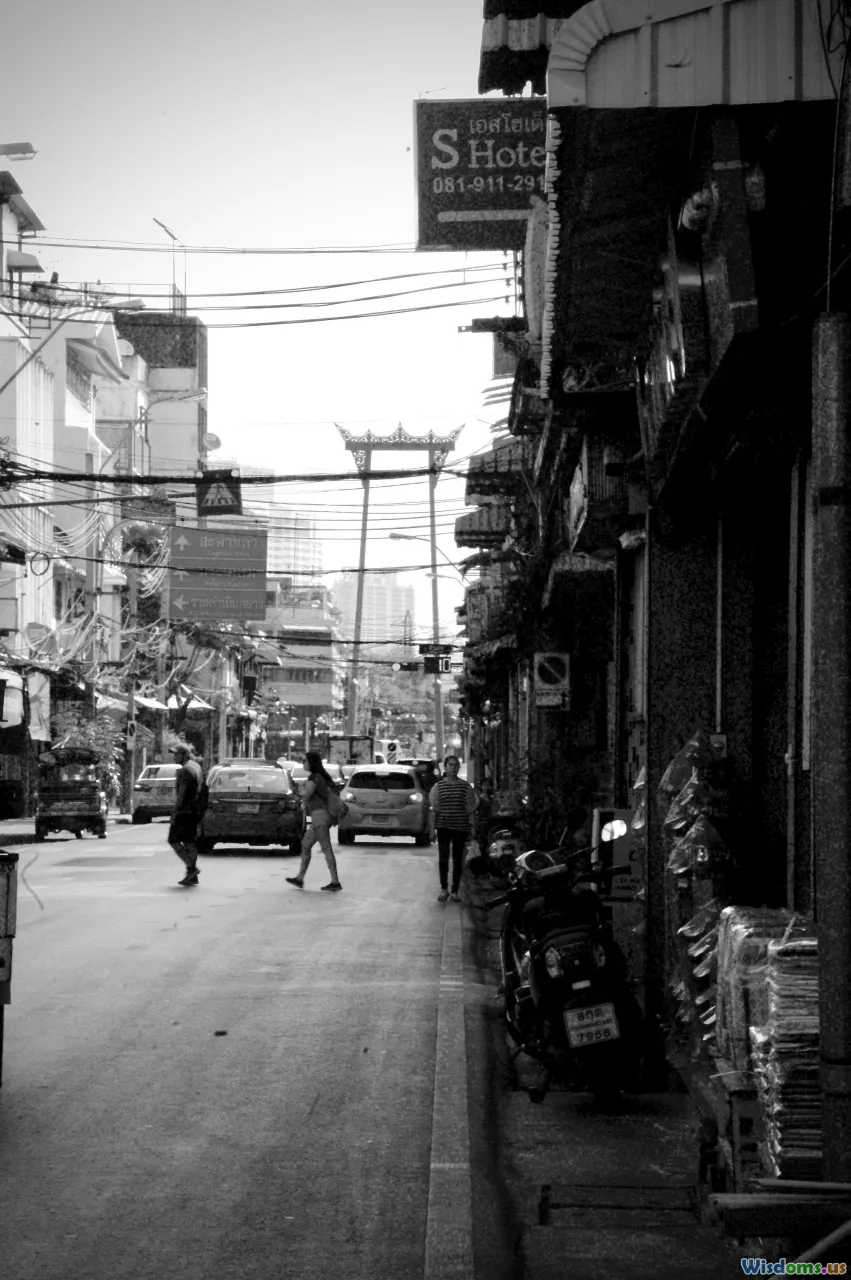
If a society collectively shrugged off its social contract, the immediate impacts would ripple through daily life. Public trust would erode quickly; acts previously taken for granted — like catching a bus on schedule — would be uncertain. Laws would be ignored or openly defied if adherence was seen as optional.
Traffic chaos: Imagine urban streets where signals and lanes are mere suggestions. With drivers disregarding rules, accidents and gridlock would multiply. Emergency services, faced with rampant nonviolent but impactful defiance, would be overwhelmed.
Community disintegration: Neighborhood associations, volunteers, and Good Samaritans would vanish. If no one felt responsible for community upkeep, parks would deteriorate, communal events would wither, and local support networks would disappear, as observed in research on urban decline following economic downturns.
Service breakdown: Basic civic operations — garbage collection, postal delivery, utilities — depend on both rule-following and mutual accountability. Refusal to pay utilities or abide by fair use would upend these essential services, as seen in areas where widespread nonpayment or theft has disrupted water or electricity grid stability.
Public Institutions Under Siege
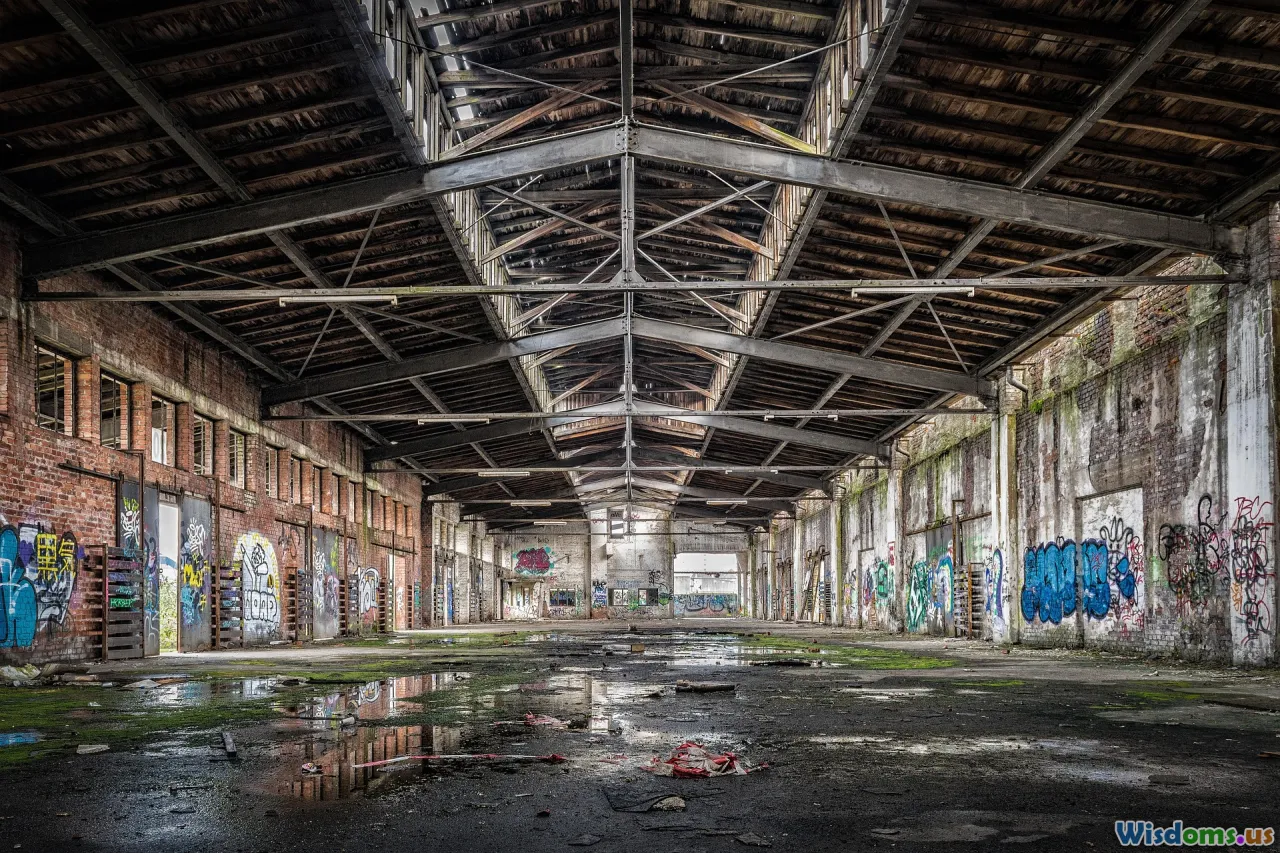
Society’s pillars — education, justice, law enforcement, and healthcare — rely fundamentally on collective participation in, and respect for, social norms.
Education: Schools assume that families will send children not just for literacy, but for civic and social socialization. If parents withdraw this sense of obligation, absenteeism escalates. In the U.S., chronic absenteeism doubled following the pandemic-induced shutdowns, threatening students' futures and school funding models.
Justice system: Courts rest on voluntary compliance with laws and the legitimacy of outcomes. If citizens ignore jury summons, refuse to testify, or decline to follow rulings, justice becomes unenforceable. In post-conflict regions like Somalia, the weakening or absence of central state authority has led to patchwork justice and selective law enforcement, eroding the rule of law.
Public health: Hospitals depend on truthful reporting, fair use, and shared responsibility for costs. When individuals withhold health information or exploit systems, entire communities suffer — a phenomenon seen during Ebola outbreaks, where failure to abide by public health guidelines fueled spread and distrust.
Trust: The Fragile Currency
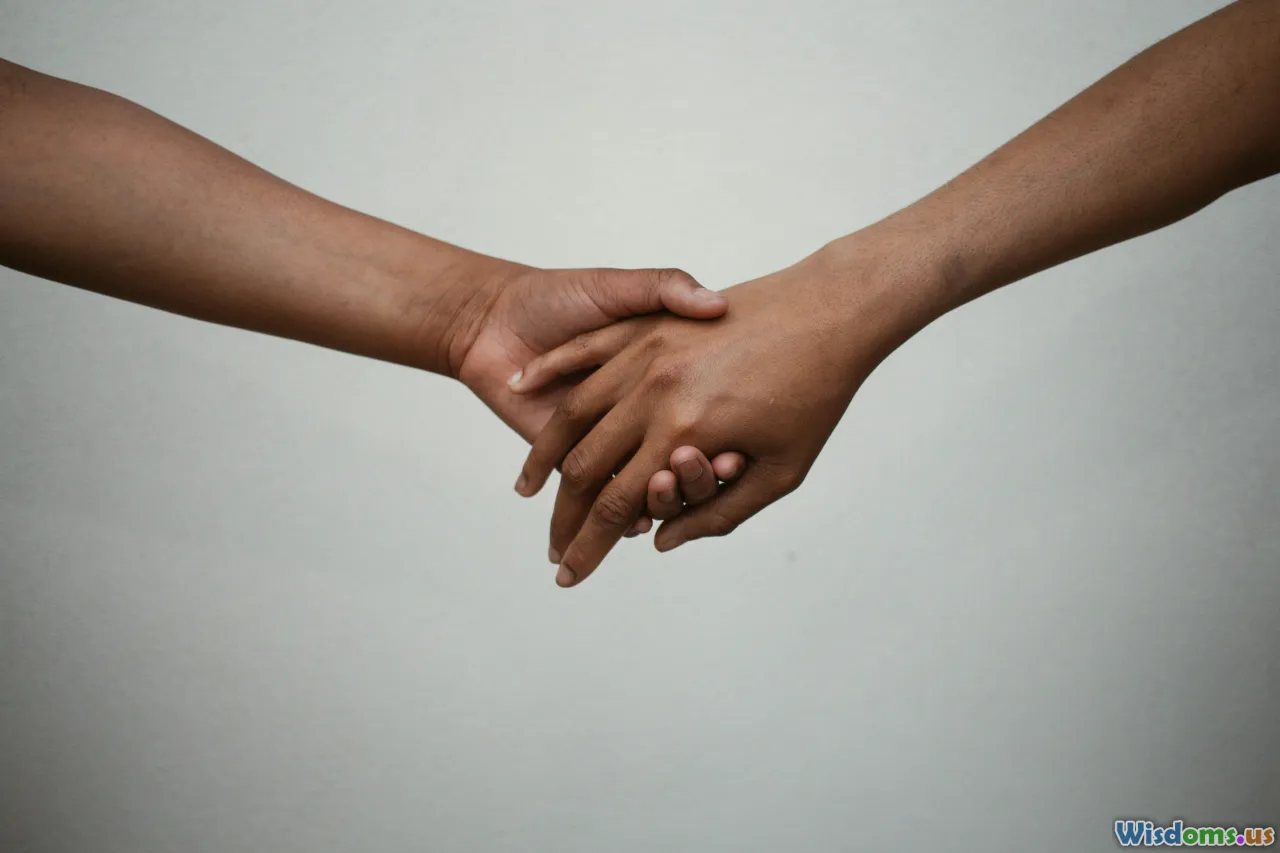
Trust — social, institutional, and interpersonal — is often overlooked until lost. Refusal of social obligations drains this capital quickly.
Economic trust: Money functions because participants believe counterparts will honor exchanges. During banking crises, as in Venezuela or Zimbabwe, when confidence falters, hyperinflation and barter systems quickly follow, illustrating the broader breakdown in agreed-upon obligations.
Personal safety and policing: Without citizens' collective expectations, informal social controls disappear. Oscar Newman’s Defensible Space theory shows how, when residents no longer feel responsible for their neighborhood, crime increases. Individuals, now wary of others’ unpredictability, may withdraw or turn to private security, further atomizing society.
Innovation and Progress Stalled

Societies without shared commitments see their capacity for innovation, problem-solving, and risk-taking eroded.
Research collaboration: Scientific progress is built upon open information-sharing and trust in peers’ results. If rival scholars withhold findings or sabotage collective efforts, as occurred among competing Cold War physicists, advancements stall and suspicions hinder breakthroughs.
Environmental action: Battling climate change demands large-scale cooperation — forgoing short-term gain for long-term global health. Historically, international climate agreements face obstacles when signatories refuse to honor or uphold pledges. America’s temporary withdrawal from the Paris Agreement in 2017–2021 highlighted the friction caused by abdicating shared responsibility.
When Social Contracts Fray: Real-World Case Studies

There are cautionary tales of communities where social norms have been abandoned, whether by force or erosion:
Post-Katrina New Orleans: In the immediate aftermath of Hurricane Katrina, ordinary expectations failed. Law enforcement evaporated, looting became rampant, and neighbors who previously cooperated became competitors for resources. Charity, law, and basic structure returned only when residents recommitted, often aided by outside actors, to a fragile sense of social contract.
Detroit’s bankruptcy: The fiscal crisis of 2013 led to impaired delivery of basic services — trash pickup slowed, policing thinned, blight spread. As perception of collective responsibility waned, those who could afford to move departed, while those left behind suffered from further social contraction.
Occupied Paris, 1940–1944: During the Nazi occupation, many French citizens viewed legal and social norms as suspended. Trust in authorities evaporated; black markets blossomed. Some acts of resistance, heroic as they were, relied on the broader sense that the usual social contract no longer bound participants — with unpredictable, often tragic, outcomes.
How to Rebuild the Ties That Bind
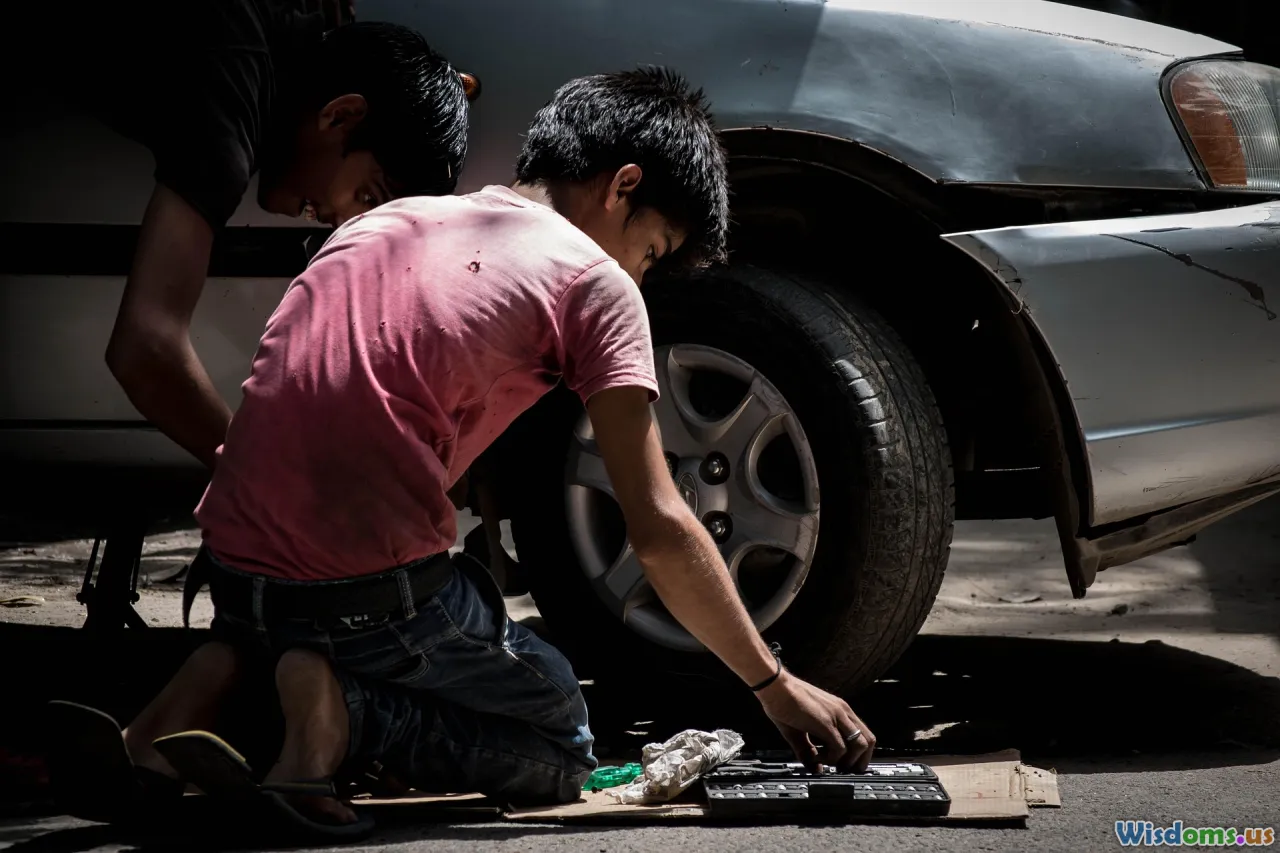
If a theoretical society slipped into this state of mass refusal, could it reclaim its shared obligations? The answer, lessons suggest, lies in incremental rebuilding:
-
Trustworthy Leadership: When respected leaders or role models visibly reengage with social norms, they model behavior for others. Studies after the Rwandan genocide show that local leaders who publicly rejected violence and embodied reconciliation helped stitch communities back together.
-
Restorative Institutions: Instead of forcing compliance, societies see greater effect through restorative justice, truth commissions, or public forums allowing grievance airing and compromise.
-
Civic Rituals: Shared events — national holidays, local festivals, or collective remembrance — remind communities of what binds them, and help individuals rediscover the rewards of participation. In Japan, community cleaning days (volunteering by all in neighborhoods) have long entrenched communal responsibility.
-
Transparent Incentives: Publishing clear reasons and benefits for compliance, as in public health campaigns or participatory budgeting, aligns personal interest with collective outcomes.
As Nobel laureate Elinor Ostrom documented, successful communities often rely on locally-codified norms administered by those affected — neither total self-interest nor heavy-handed authority works alone.
Actionable Ways To Fortify The Social Contract

While systemic solutions are vital, individuals are not powerless. Here’s how anyone can help thicken the fabric of mutual obligation:
- Participate in local decision-making. Attend town halls or join neighborhood groups. Even online forums can galvanize helpful local action.
- Model civic virtue. Simple gestures — returning borrowed items, recycling, paying fair share — reaffirm neighbors’ trust.
- Support inclusive policies. Petitioning for laws and practices that distribute burdens and benefits fairly deters fractures born of resentment or exclusion.
- Promote social literacy in education. Encourage civic learning, empathy, and ethical reasoning in schools to prepare the next generation to honor and question obligations wisely.
- Thank and recognize others’ commitments. Public recognition of those quietly fulfilling common duties strengthens group bonds.
Imagining Alternatives — and Their Costs

Some political theorists, such as libertarians and certain anarchist thinkers, question the necessity (or even morality) of obeying socially-imposed contracts. They argue for voluntary association, highlighting smaller communities or networks.
Yet experiments in radical self-reliance, like those at eco-communes or movements such as Freetown Christiania in Copenhagen, work best at limited scale and face tension with surrounding norms. Large-scale abandonment of obligations — as tested by failed states or revolutionary upheavals — generally produces instability, violence, and a longing for reinstituted order.
Ultimately, the balance is delicate: Too rigid a contract yields stagnation or oppression; too loose, and shared life disintegrates.
A world without the social contract would be marred by uncertainty, inefficiency, and mistrust. Reflecting on what would be lost when shared obligations erode compels us to value, and consciously nurture, the ties that allow society to thrive. The invisible web connecting us may rarely make headlines — but it’s what turns crowds into communities, and individuals into citizens.
Rate the Post
User Reviews
Other posts in Social Contract Theory
Popular Posts










